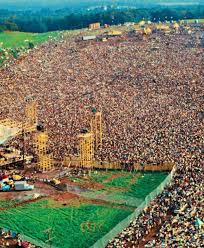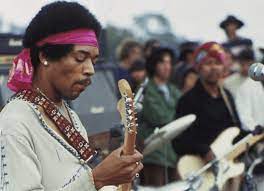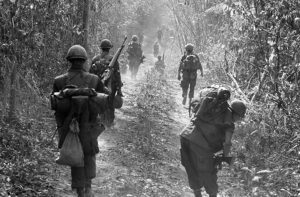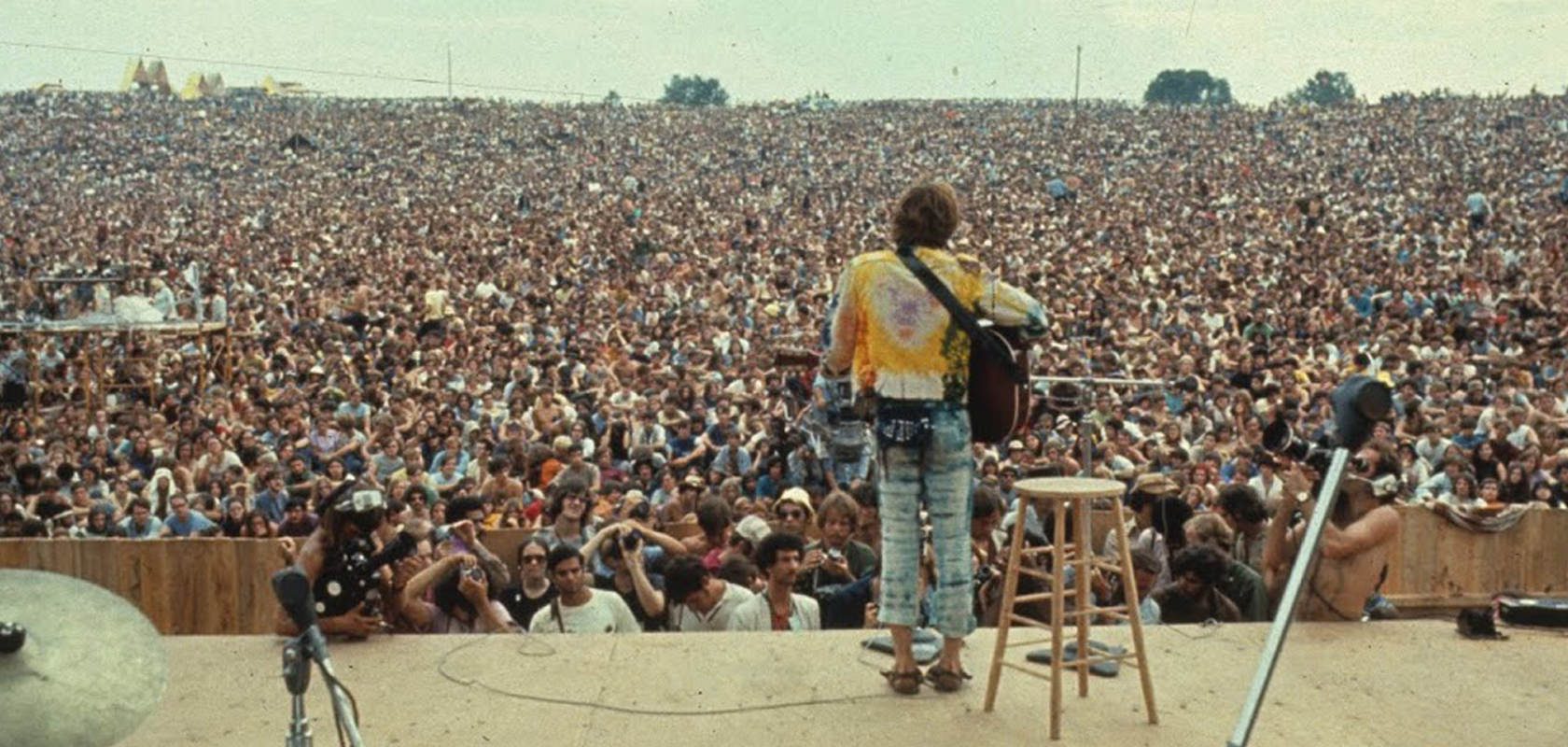The Woodstock Music Festival of 1969
Introduction To Woodstock:
The Woodstock Music Festival was held in August 1969, in Bethel, New York. It was the largest music festival of its time, with over 400,000 people in attendance. Woodstock was a cultural phenomenon that changed the way people viewed music and its role in society. This article will explore the history of Woodstock and its impact on music.
The Birth of Woodstock Festival:
 Woodstock was the brainchild of four men: John Roberts, Joel Rosenman, Artie Kornfeld, and Mike Lang. The idea for the festival was born out of a desire to create a large outdoor music festival that would rival the Monterey Pop Festival of 1967. The organizers chose the town of Wallkill, New York, as the location for the festival. However, when the locals learned about the festival, they opposed it, and the organizers were forced to find a new location.
Woodstock was the brainchild of four men: John Roberts, Joel Rosenman, Artie Kornfeld, and Mike Lang. The idea for the festival was born out of a desire to create a large outdoor music festival that would rival the Monterey Pop Festival of 1967. The organizers chose the town of Wallkill, New York, as the location for the festival. However, when the locals learned about the festival, they opposed it, and the organizers were forced to find a new location.
Max Yasgur, a dairy farmer, offered his land in Bethel, New York, to host the festival. The organizers accepted the offer, and preparations for the festival began. The festival was initially planned for August 15-17, 1969, but due to the overwhelming response, it was extended to August 18.
The Festival Weekend:
The Woodstock Festival began on Friday, August 15, 1969, with a performance by Richie Havens. Over the next three days, the festival featured some of the biggest names in music, including Jimi Hendrix, The Who, Janis Joplin, and Crosby, Stills, Nash, and Young. The festival was a massive success, with over 400,000 people in attendance.
Despite the large number of attendees, the festival was relatively peaceful. The crowd was characterized by a sense of community and a shared belief in peace and love. The festival also saw a surge in drug use, with many attendees experimenting with psychedelic drugs such as LSD.
The Impact of Woodstock Festival on Music:
Woodstock was a turning point in the history of music. It was the first time that so many people had come together to celebrate music in a peaceful and harmonious way. Woodstock was also a celebration of counterculture, with many attendees embracing hippie ideals such as peace, love, and environmentalism.
 The festival was also significant because it showcased many of the biggest names in music. Jimi Hendrix’s performance of “The Star-Spangled Banner” is now regarded as one of the greatest moments in rock history. Other performances, such as Joe Cocker’s rendition of “With a Little Help from My Friends” and Santana’s “Soul Sacrifice,” also became iconic.
The festival was also significant because it showcased many of the biggest names in music. Jimi Hendrix’s performance of “The Star-Spangled Banner” is now regarded as one of the greatest moments in rock history. Other performances, such as Joe Cocker’s rendition of “With a Little Help from My Friends” and Santana’s “Soul Sacrifice,” also became iconic.
Woodstock’s Legacy:
Woodstock’s impact on music and culture was significant. It helped to popularize counterculture and hippie ideals, which would become defining characteristics of the 1960s. The festival also paved the way for other large-scale music festivals, such as Glastonbury and Coachella.
Woodstock’s impact went beyond just music and counterculture. It also had an impact on politics and social issues of the time. The festival took place during a tumultuous period in American history, with the Vietnam War raging and civil rights issues at the forefront of national consciousness.
 Woodstock became a symbol of the anti-war movement, with many attendees expressing their opposition to the war through their presence at the festival. The festival was also significant in its support of civil rights, with performers like Joan Baez and Richie Havens using their platform to advocate for racial equality.
Woodstock became a symbol of the anti-war movement, with many attendees expressing their opposition to the war through their presence at the festival. The festival was also significant in its support of civil rights, with performers like Joan Baez and Richie Havens using their platform to advocate for racial equality.
In the years following Woodstock, the festival became a touchstone for the baby boomer generation. The festival became a symbol of a time when idealism and social change were possible. Despite its flaws, Woodstock was seen as a moment of hope and inspiration.
Today, Woodstock’s legacy continues to inspire music fans and activists alike. The festival’s message of peace, love, and understanding remains as relevant today as it was over 50 years ago. The festival is often cited as an example of how music can bring people together, and it continues to inspire new generations of musicians and music fans.
In conclusion, Woodstock was a cultural touchstone that changed the way people viewed music and its role in society. It was a celebration of counterculture and the ideals of peace and love. The festival’s impact on music and culture was significant, and its legacy continues to inspire new generations of music fans and activists.


sounds great I am in my 70s classic rock rules!!!!